Babinden, celebrated on January 8th (or January 21st in the old style), is one of the most fascinating and cherished […]
Petlyovden (Rooster Day) – The Celebration of Male Children and Their Health
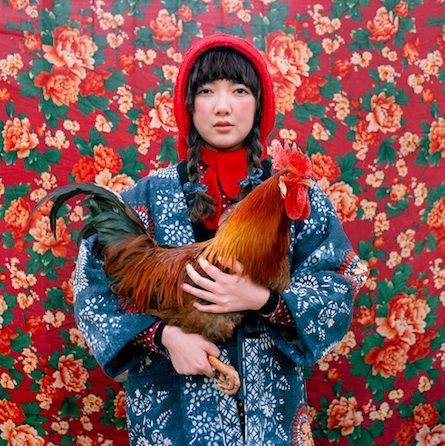
During the winter months, when nature prepares for new life, Bulgarian tradition brings us a special holiday – Petlyovden (Rooster Day). This day is dedicated to health, fertility, and masculine strength. Although its roots go back to times when families had to protect their children, today it symbolizes new beginnings, the strength of the spirit, and the love for one's lineage. The holiday is celebrated on February 2nd, while in some regions, it is marked on January 20th.
The Legend of a Mother's Bravery
One of the most captivating stories about the origins of Petlyovden comes from the village of Erkech (now Kozichino, in the Burgas region). In ancient times, when the Ottomans collected the blood tax, taking young boys away from their families, a brave mother devised a way to outwit fate.
Instead of surrendering her son, she hid the child far from the village and at midnight sacrificed a rooster, scattering its blood on the threshold of her home. When the Ottomans returned the next morning, they saw the red stains and believed the boy was already lost. From that day on, Petlyovden became a symbol of a mother's courage and the protection of her male child.
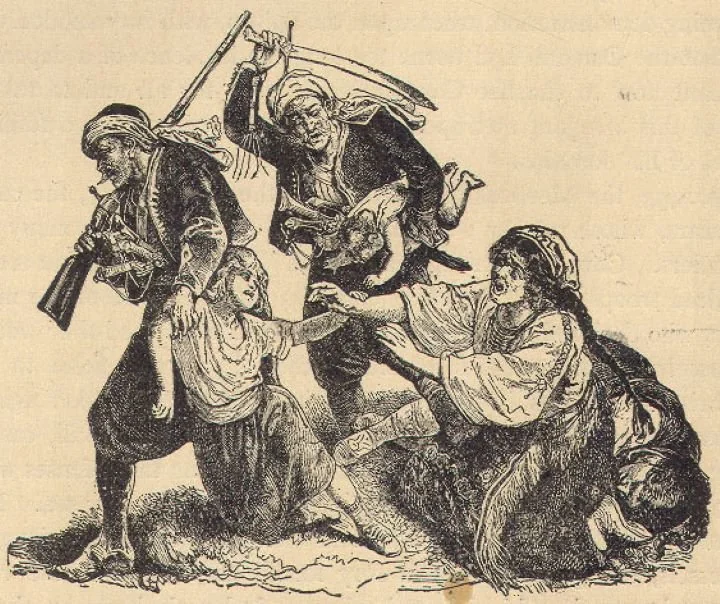
What Does Petlyovden Symbolize Today?
Today, Petlyovden is seen as a celebration of masculinity, protection, and the continuation of the family lineage. It reminds us of the strength of family bonds, love, and care for children, as well as the belief that the bloodline is sacred and must be preserved.
Unlike in the past, today the holiday no longer carries a dramatic tone but is instead filled with faith in the future, love for children, and wishes for health and prosperity.
How Is Petlyovden Celebrated?
The festive day begins early in the morning with the preparation of a ritual feast, where the main element on the table is the rooster—a symbol of the sun, new beginnings, and protection.
Traditional Customs and Rituals
A Special Rooster is Chosen – From autumn, a family selects a rooster that will be sacrificed for health. Ritual Bread – Women bake round loaves, which are given away as a blessing for health and fertility. 🍗 Festive Meal – The table includes roast rooster, ritual bread, boiled wheat, wine, and rakia. 🙏 Prayers for Health – Women who do not have sons also take part in the celebration, hoping to be blessed with a baby boy.
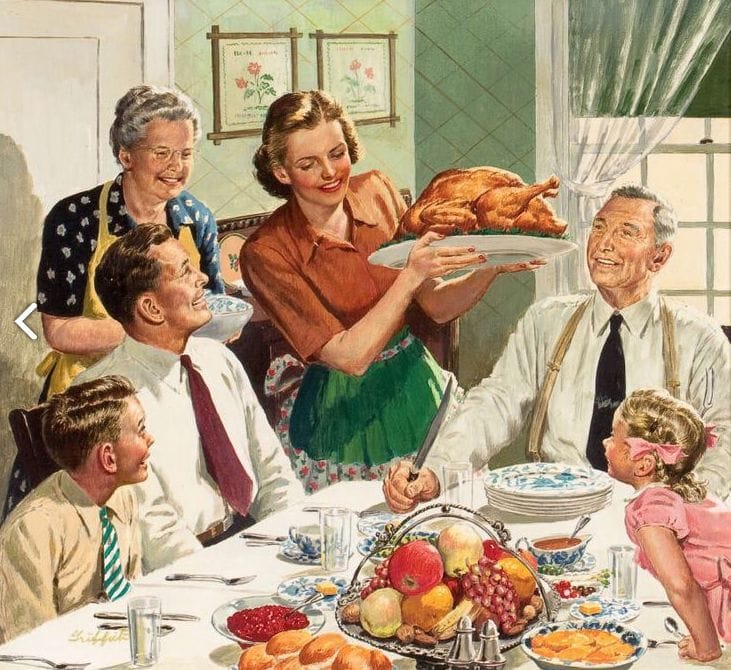
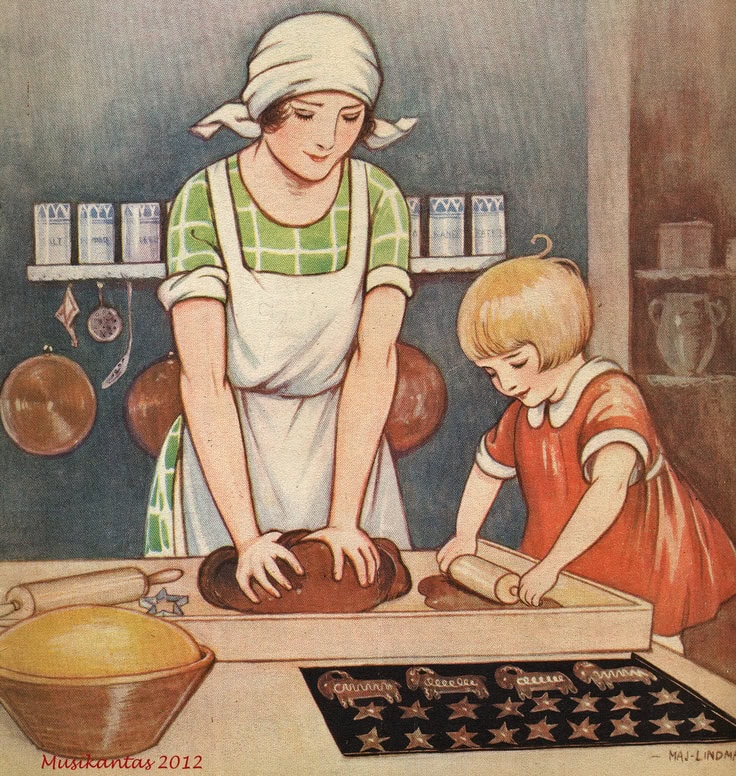
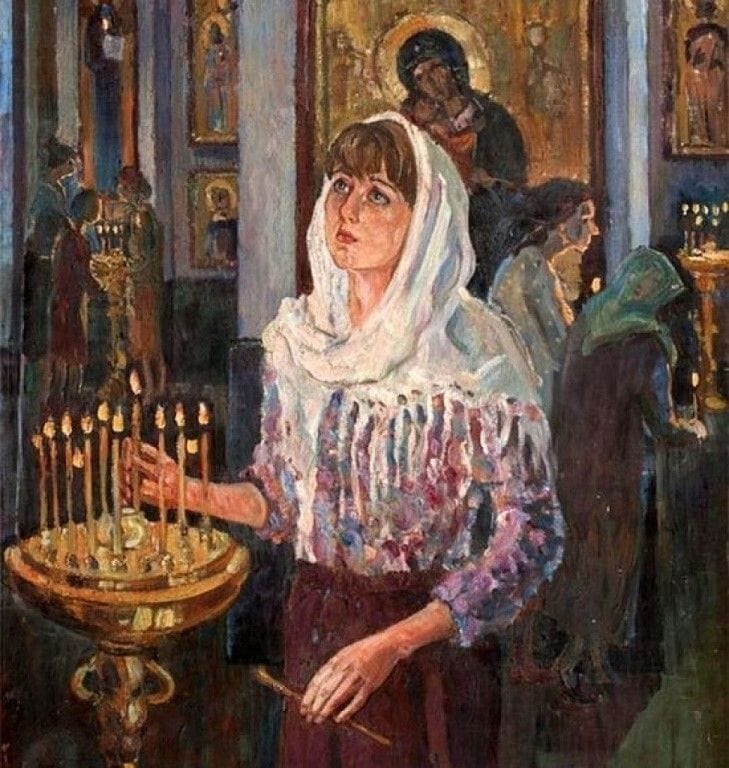
Interesting Facts About Petlyovden
Petlyovden is not just a tradition; it is a living symbol of the connection between Bulgarian folklore and ancient beliefs. Here are a few curious facts that make this holiday even more unique:
🐓 A Holiday with Two Dates In different regions of Bulgaria, Petlyovden is celebrated on two different dates – January 20th and February 2nd. In some areas, it is associated with St. Euthymius of Tarnovo (January 20th), while in others, it is linked to Candlemas (February 2nd).
🐓 The Rooster as a Symbol of the Sun and New Beginnings The rooster is one of the oldest symbols in Bulgarian and world cultures. In pagan beliefs, it is associated with the sun, light, and the awakening of a new day. According to folklore, the crowing of the rooster drives away evil forces and brings life. That is why it was chosen as the sacrificial animal for this holiday.
🐓 Petlyovden as a Predictor of Health In the past, people believed that the way this day unfolded would determine the health of the men in the family for the whole year. If everything went smoothly, it was a sign that the year would bring good health, strength, and success.
🐓 Cleansing and Protective Rituals In some regions, instead of sacrificing a rooster, families purify their homes with incense and healing herbs. This alternative ritual serves to protect the home and its inhabitants from disease and negative energy.
🐓 Petlyovden and Babinden – A Male and Female Celebration Petlyovden is often seen as the "male counterpart" to Babinden (January 21st), which honors midwives and women in childbirth. While Babinden is linked to fertility and motherhood, Petlyovden represents growth, protection, and the strength of the male lineage.
🐓 Similar Traditions in Other Cultures Interestingly, rooster sacrifices are not unique to Bulgaria. Similar rituals exist in other cultures – in Ancient Greece, roosters were sacrificed to Asclepius, the god of health, and in African and Caribbean religious practices, roosters play a role as protective and purifying symbols.
These fascinating facts show that Petlyovden is more than just a folk holiday—it is a part of Bulgarians' deep spiritual connection with nature, the sun, and the protection of the family. 🌿🐓
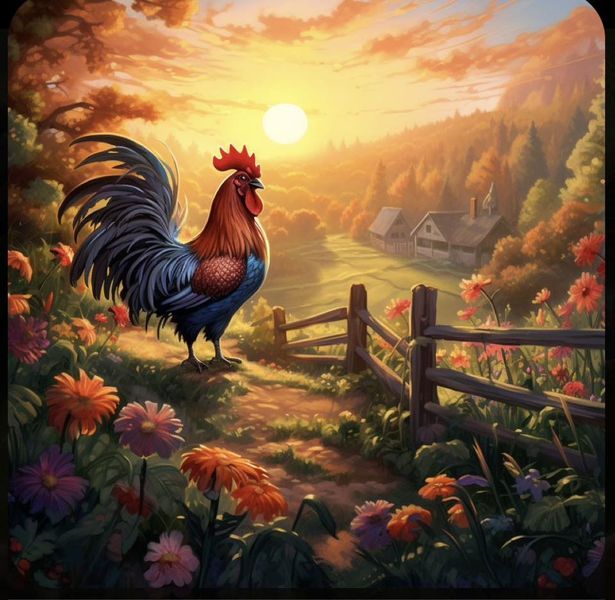
Conclusion
Although Petlyovden is less commonly celebrated today, it remains a valuable part of Bulgarian cultural heritage. At its core lies the care for children, the continuation of the lineage, and the strength of family traditions.
And what better way to symbolize new beginnings than with a vibrant bouquet, bringing sunshine, life, and wishes for good health? 🌿🌸
Although Petlyovden is less commonly celebrated today, it remains a valuable part of Bulgarian cultural heritage. At its core lies the care for children, the continuation of the lineage, and the strength of family traditions.
And what better way to symbolize new beginnings than with a vibrant bouquet, bringing sunshine, life, and wishes for good health? 🌿🌸
💐 Give flowers for Petlyovden – because every celebration is more beautiful when shared with love! 💐
